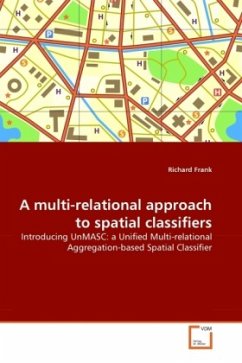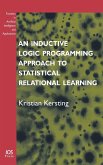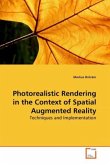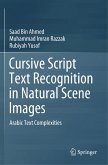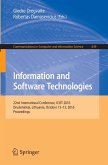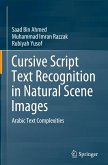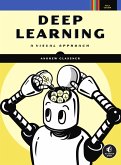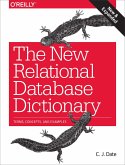A spatial classifier is a model used to predict class labels for spatial entities based on their features, relationships to other entities and their corresponding features. One way to classify spatial data is to use a multi-relational framework, by transforming the spatial problem into a multi-relational one, and then applying existing methods. This transformation poses new problems. First, the spatial relationships are unknown, and the algorithm needs to determine which relationships and spatial features are important. Second, the effect of a single spatial entity is negligible when in the neighbourhood of thousands of other such entities, hence aggregation must be used. Third, properties of neighbourhoods, such as spatial trends, need to be described and used for classification purposes. Finally, the cost incurred in this transformation is not negligible, hence efficiency must be considered. This book addresses all of these problems with a novel spatial classifier called UnMASC. All of the modifications introduced with UnMASC in this book are explored theoretically and evaluated on a real live dataset.
Bitte wählen Sie Ihr Anliegen aus.
Rechnungen
Retourenschein anfordern
Bestellstatus
Storno

